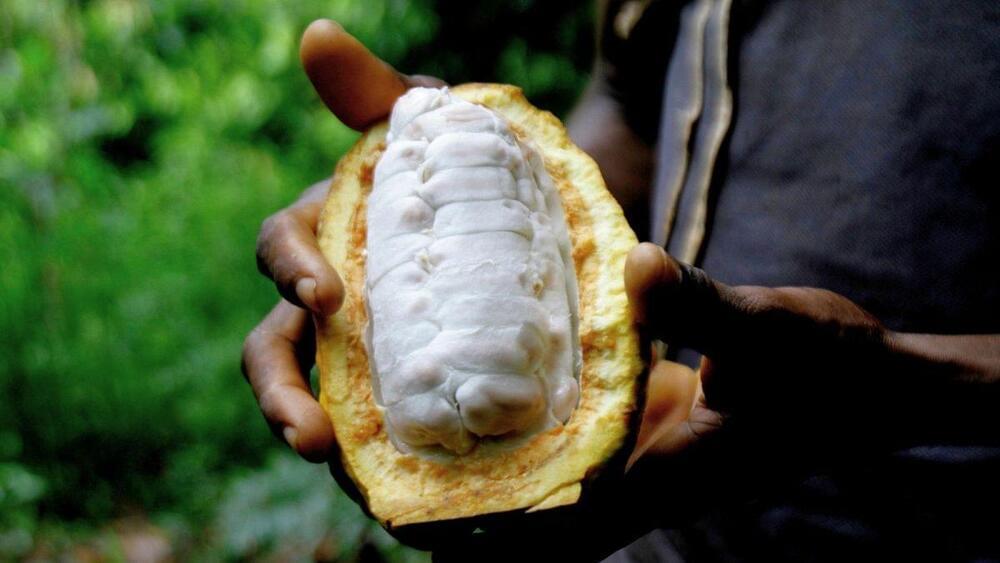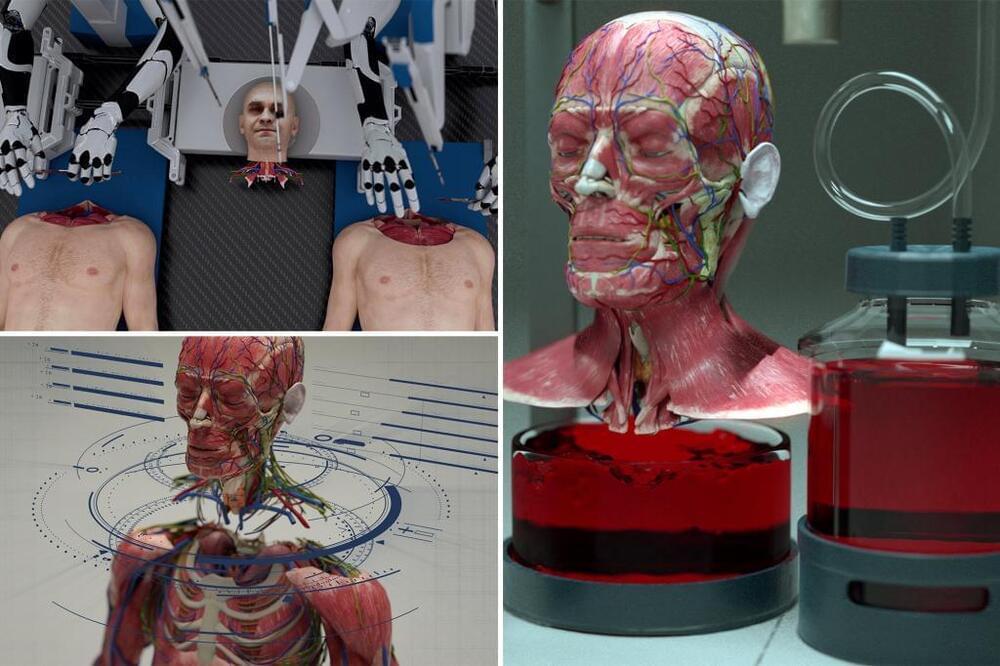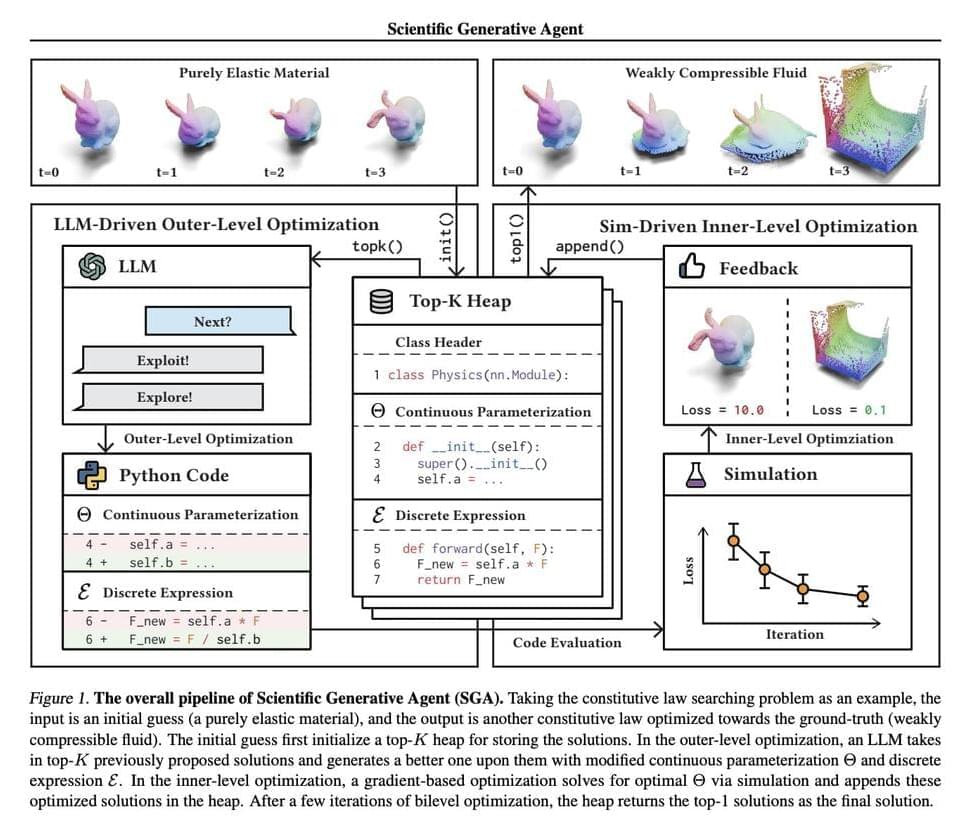Good news for whom? Producers or consumers? On a scale 1 to 10 is this healthier or not from traditional dark chocolate.
Cocoa fruit contains other valuable ingredients that have been underutilised until now, the researchers say.

Go to https://hensonshaving.com/isaacarthur and enter “isaacarthur” at checkout to get 100 free blades with your purchase. We think very highly of the human brain, after all, it’s what lets us think about anything in the first place, but Nature is vast, and our primate brains are not the end-all and be-all of neural engineering. Join this channel to get access to perks: / @isaacarthursfia Visit our Website: http://www.isaacarthur.net Join Nebula: https://go.nebula.tv/isaacarthur Support us on Patreon:
/ isaacarthur Support us on Subscribestar: https://www.subscribestar.com/isaac-a… Group:
/ 1,583,992,725,237,264 Reddit:
/ isaacarthur Twitter:
/ isaac_a_arthur on Twitter and RT our future content. SFIA Discord Server:
/ discord Credits: Alternative Intelligence: The Other A.I. Episode 448; May 23, 2024 Produced & Narrated by: Isaac Arthur Written by: Erik Eldritch & Isaac Arthur Editor: Darius Said Music Courtesy of Epidemic Sound http://epidemicsound.com/creator Stellardrone, “Red Giant”, “Ultra Deep Field”, “Cosmic Sunrise” Sergey Cheremisinov, “Labyrinth”, “Forgotten Stars” Taras Harkavyi, “Alpha and…” Miguel Johnson, “So Many Stars”

Scientists put their heads together for an insane medical breakthrough.
Neuroscience and biomedical engineering startup BrainBridge announced that it has created an AI-mechanized system for performing head transplants.
The procedure would graft a head onto the body of a brain-dead donor, maintaining the memories, cognitive abilities and consciousness of the transplanted individual.

I found this on NewsBreak: #Design
Leveraging advanced computational techniques in physical sciences has become vital for accelerating scientific discovery. This involves integrating large language models (LLMs) and simulations to enhance hypothesis generation, experimental design, and data analysis. Automating these processes aims to streamline and democratize access to cutting-edge research tools, pushing the boundaries of scientific knowledge and improving efficiency across various scientific domains.
Researchers face a significant challenge in effectively simulating observational feedback and integrating it with theoretical models in physical sciences. Traditional methods often need a universal approach that can be applied across various scientific fields, leading to inefficiencies and limiting the potential for innovative discoveries. The need for a more comprehensive and adaptable framework is evident to address this issue and advance scientific inquiry.

I found this on NewsBreak:
TSMC is the world’s largest chipmaker, and it produces a massive percentage of the world’s advanced computer chips—by some estimates over the past few years, even around 90%. What happens if something were to happen in that part of the world to disturb this chipmaking ability? It’d be catastrophic, of course, but TSMC and its main machine supplier, Dutch company ASML, say the machines wouldn’t fall into hostile hands.
Citing people close to the matter, Bloomberg reports both TSMC and ASML have ways to disable the lithographic machines located in Taiwan. This kill switch would be able to be remotely activated, should such a drastic action ever be required.

I found this on NewsBreak.
In a record-breaking feat, scientists injected over a billion joules of energy to sustain a nuclear fusion reaction for 6 minutes.
Season 2 Episode 18Production No. #048Episode: “The Immunity Syndrome” The Enterprise encounters a gigantic force, an area of darkness capable of absorbing al…

All sensations—hunger, feeling pain, seeing red, falling in love—are the result of physiological states that an LLM simply doesn’t have. Consequently we know that an LLM cannot have subjective experiences of those states. In other words, it cannot be sentient.
An LLM is a mathematical model coded on silicon chips. It is not an embodied being like humans. It does not have a “life” that needs to eat, drink, reproduce, experience emotion, get sick, and eventually die.
It is important to understand the profound difference between how humans generate sequences of words and how an LLM generates those same sequences. When I say “I am hungry,” I am reporting on my sensed physiological states. When an LLM generates the sequence “I am hungry,” it is simply generating the most probable completion of the sequence of words in its current prompt. It is doing exactly the same thing as when, with a different prompt, it generates “I am not hungry,” or with yet another prompt, “The moon is made of green cheese.” None of these are reports of its (nonexistent) physiological states. They are simply probabilistic completions.

A new study, recently published in the British Journal of Sports Medicine, suggests that people who participate in extreme exercise may live longer.
Researchers tracked a select group of elite runners capable of running a sub-4-minute mile and found they may live five years longer on average than the general population.